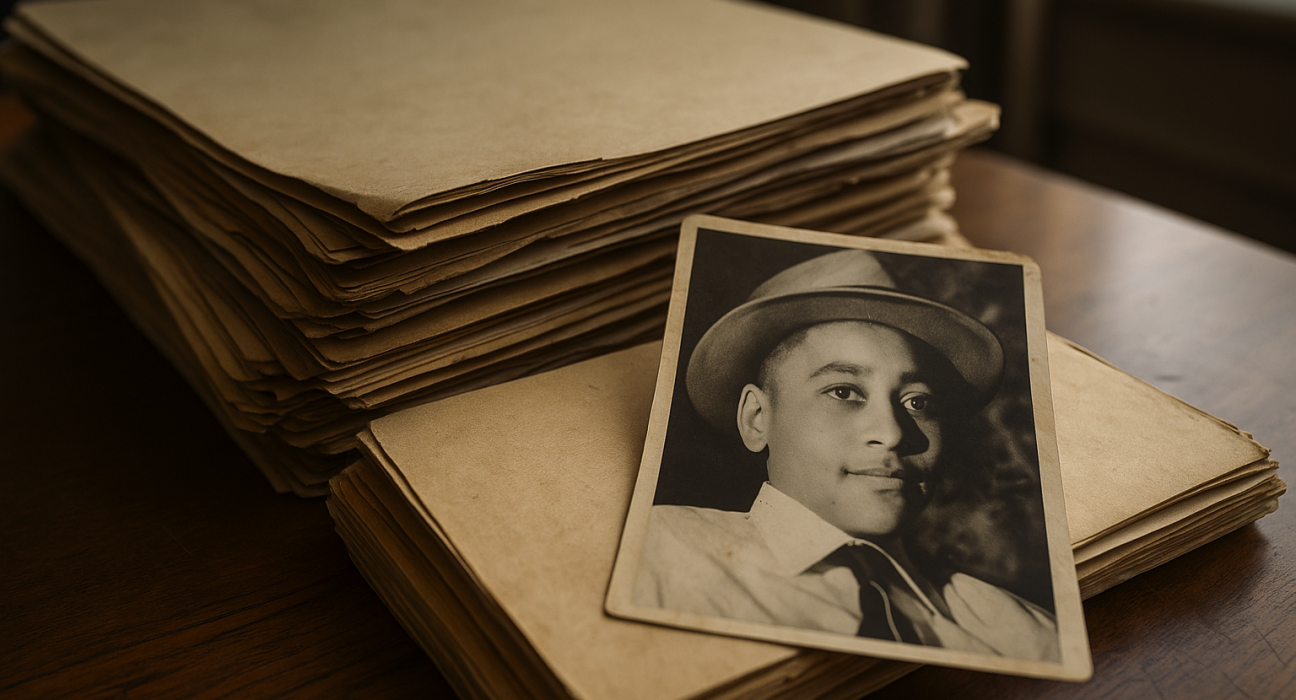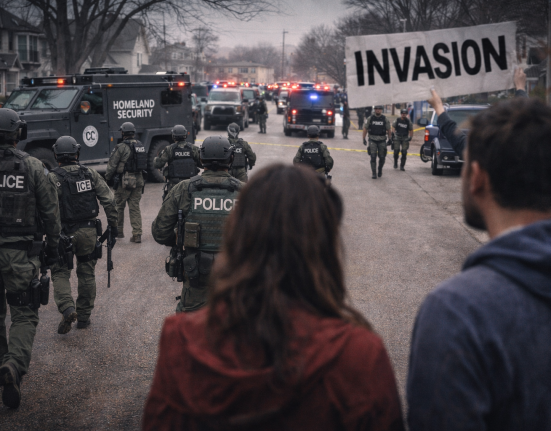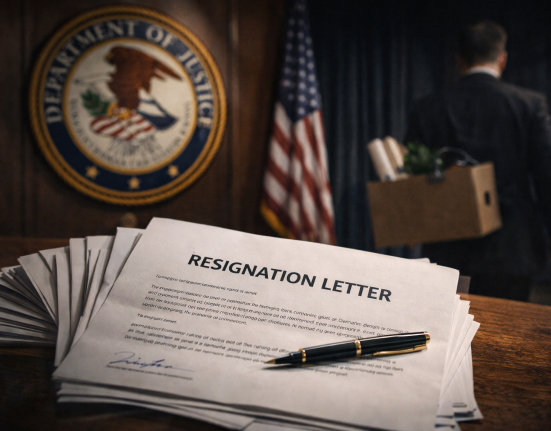Summary of the News
- Thousands of previously unseen documents tied to the 1955 lynching of Emmett Till were made public by the Civil Rights Cold Case Records Review Board, under the Civil Rights Cold Case Records Collection Act (2018). These include files from the FBI, Justice Department, NAACP, and other key sources.Wikipedia+15AP News+15Facebook+15
- The records provide insights into how federal entities responded to the lynching, with correspondences, telegrams, and case files made available through the National Archives.AP News+1
- Emmett Till’s brutal murder at age 14—labelled a victim for allegedly whistling at a white woman—became a pivotal moment in the Civil Rights Movement, particularly when his mother, Mamie Till-Mobley, opted for an open-casket funeral to reveal the violence inflicted.AP News+2Wikipedia+2
- The records were released just days prior to the 70th anniversary of his death—a milestone marked by recent advancements such as federal legislation naming lynching a hate crime and the creation of a national monument honoring Till and his mother.U.S. News+6AP News+6Wikipedia+6
Future Implications
| Area | Potential Impact |
|---|---|
| Historical Clarity | The newly released files can fill critical gaps in our understanding of federal actions or inactions at the time. |
| Public Education | Scholars, educators, and the public now have deeper access to materials essential for teaching civil rights history. |
| Cultural Memory | The contextual framing of Till’s murder continues to serve as a powerful symbol in the national conscience. |
| Policy & Justice | While historical at this point, the documentation may inform ongoing work around civil rights commemoration and legal redress. |
Neutral Reflection
The release of these federal documents reinforces both the tragic legacy of Emmett Till’s killing and the ongoing importance of accountability in civil rights history. It deepens our view into institutional behavior during a pivotal era and honors the enduring work of remembrance and truth-seeking.
Let me know if you’d like to explore specific archival contents or want to see how this aligns with broader Cold Case initiatives.








Leave feedback about this
You must be logged in to post a comment.